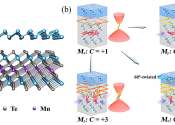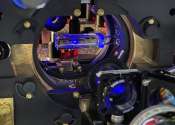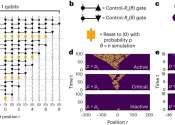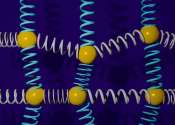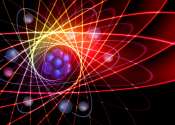Scientists tune the entanglement structure in an array of qubits
Entanglement is a form of correlation between quantum objects, such as particles at the atomic scale. The laws of classical physics cannot explain this uniquely quantum phenomenon, yet it is one of the properties that explain ...





